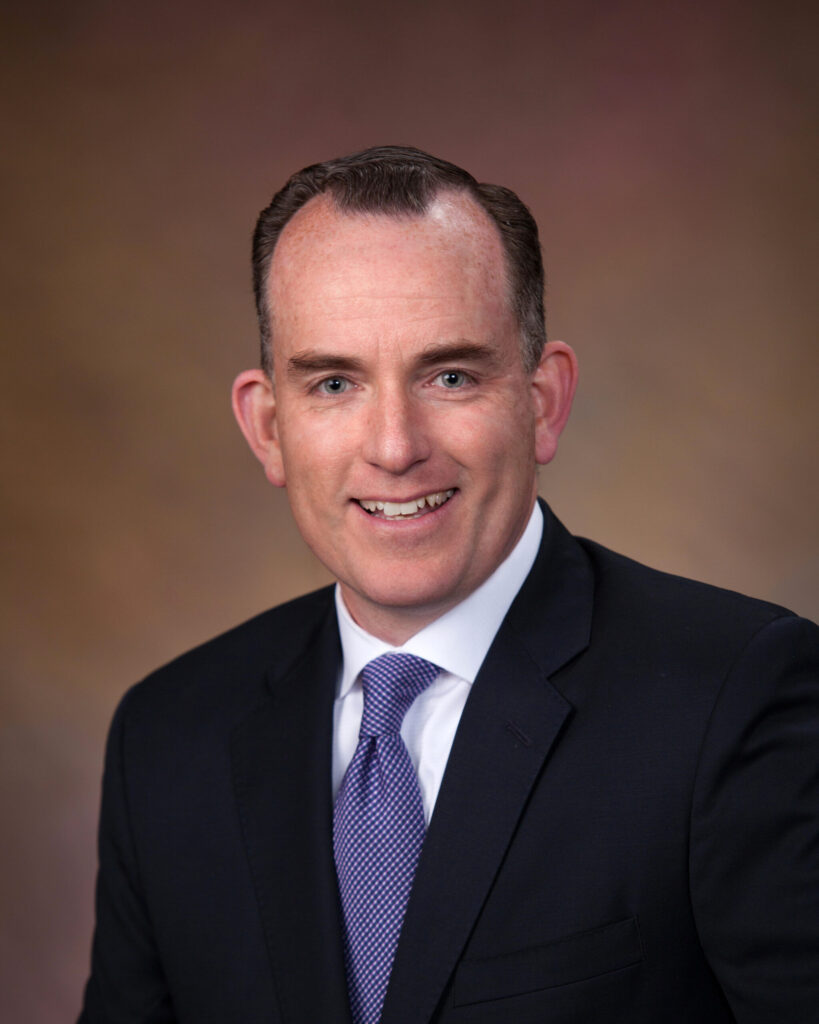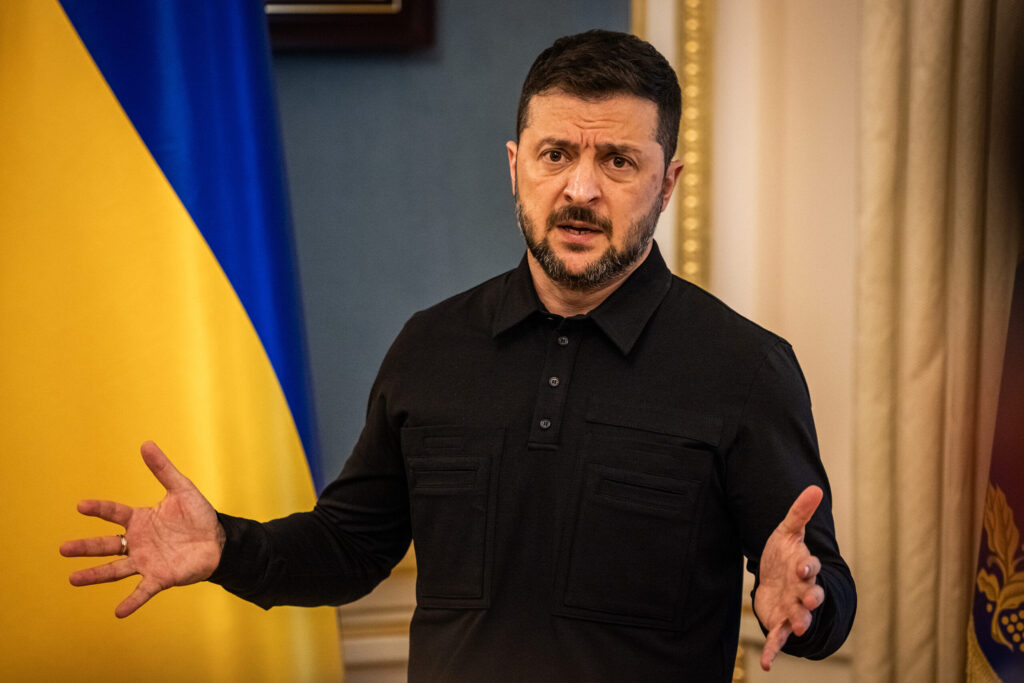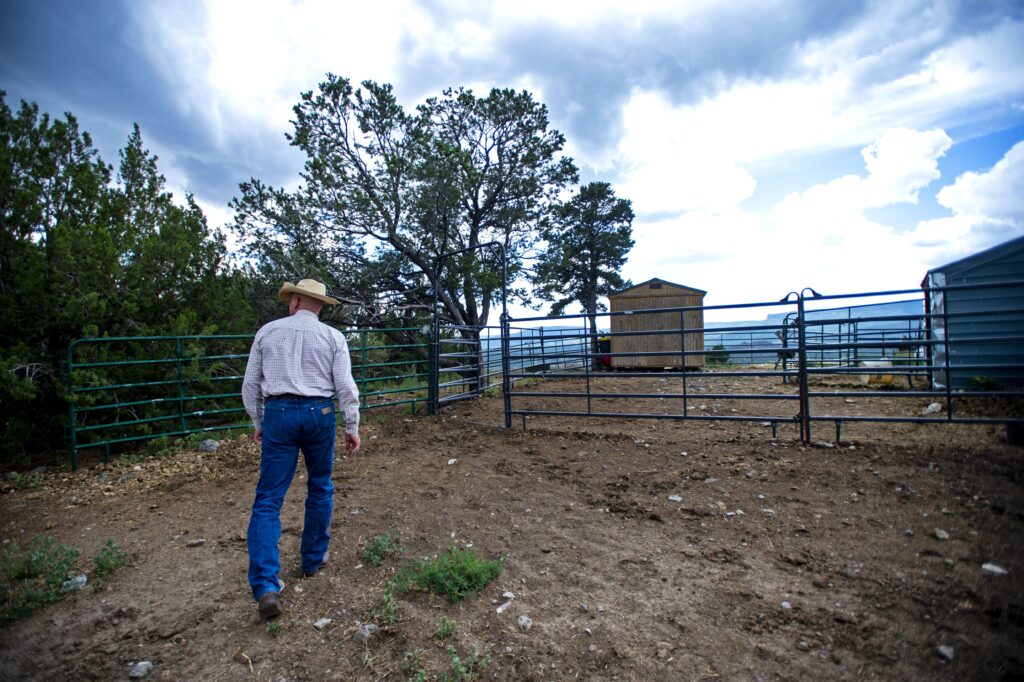What to know about Denver’s 2026 budget process

In less than 10 days, Denver Mayor Mike Johnston is expected to deliver one of the city’s most anticipated documents of the year — the proposed 2026 budget.
While Denver’s $200 million deficit has hardly been a secret, the mayor’s plan to address it will be revealed to the City Council and the public on Sept. 15.
City officials have blamed flattening city revenues, driven — they said — by national economic uncertainty and rising costs for much of Denver’s fiscal woes. They argued that, with early action to slow hiring in 2024, reduce the size of government in the 2025 budget and freeze hiring this year, the city managed to minimize the impact to employees and public services significantly.
However, despite mandatory furlough days and a citywide hiring freeze in August, 170 city employees lost their jobs to layoffs.
The city said it will eliminate 665 vacant positions and others funded by the city’s General Fund, which will “solve $100 million of our $200 million budget gap for 2026.”
The remaining $100 million is expected to come in the form of budget cuts, such as reductions in discretionary spending, administrative costs and unnecessary travel.
Last year, the Denver City Council unanimously approved Johnston’s $1.76 billion General Fund budget.
The players
The city charter is the official playbook when it comes to the budget and who does what.
Johnston kicks off the official proceedings when he presents his proposed budget to the City Council. He is charged with preparing the annual budget, but he can’t approve it.
Approving the budget is a responsibility of the City Council.
Council members review the budget and can make changes, but those changes are subject to a veto by the mayor.
Should the mayor decide to veto some or all of the changes to the budget, the council will need a super majority — or two-thirds of its total members — to agree to override the veto and make the change permanent.
Important dates
On or before Sept. 15
The mayor must submit the proposed budget to the City Council for review.
Sept. 22-26
Budget hearings will be conducted. This is when city agencies explain their budget proposals for 2026 to the City Council, as well as answer questions.
According to the city’s website, all hearings will be available via live streaming and on Comcast/Xfinity Channel 8, as well as Zoom.
For dates and times, as well as links to watch, bookmark this webpage: https://denvergov.org/citycouncil qc
Oct. 9
The City Council will offer its recommendations to the mayor during a proposal workshop.
On or before Oct. 20
Once the mayor has considered the council’s recommendations, he must release his final proposed budget by this date, according to the city charter.
Oct. 27
This is the date for the required public hearing on the budget. Those wishing to participate may submit written testimony or sign up to speak in person or via Zoom. The window to sign up to speak or submit written testimony begins at 5 p.m. on Oct. 23 and concludes at 3 p.m. Oct. 27.
Nov. 3
The last meeting where the City Council may propose and vote on amendments to the budget.
On or before noon Nov. 7
The mayor must decide to accept or veto amendments made by the council, if there are any.
Nov. 10
If there are any mayoral vetoes to the proposed budget, the City Council may override them at this meeting (nine votes required). It must also pass a final budget on this date. If it does not pass a budget by this date, then the proposed budget — as amended by the council, excluding un-overridden vetoes — becomes the official budget.
Budget priorities for 2026
A June 5 letter to the mayor, City Council President Amanda Sandoval and Council President Pro Tempore Diana Romero Campbell outlined eight specific budget priorities for Johnston to consider as he prepares the city’s next budget.
“This moment calls for clear priorities and smart, values-driven investments, particularly in core programs and services that protect public health and safety, promote housing stability, improve mobility, and support long-term financial sustainability for the residents of Denver,” Sandoval wrote.
In brief, the proposed council members’ eight priorities as outlined include:
Increase community safety
- Maintain or increase funding for the STAR program expansion from the General Fund. The program ensures mental health professionals accompany police on calls for service, when needed.
- Maintain or increase funding for expansion of the Place Network Investigation program, including community advisory work groups and street lighting.
- Unfreeze the deputy monitor position and expand the Office of the Independent Monitor with one-to-two more deputy positions.
Empower communities
- Appropriately staff and resource the Office of Community Empowerment/Engagement.
- Improve neighborhood involvement by broadening notifications for liquor, cabaret, marijuana license, and rezoning applications.
- Maintain or increase the participatory budgeting program by allocating funds to include additional communities, permanent staffing, consultants, public engagement processes, and community grants.
- Add $2 million in funding to the immigrant services legal fund.
Address Denver’s housing needs
- Funding for Temporary Rental and Utility Assistance and Eviction Legal Defense at an appropriate amount based on need for the last two years.
- Allocate funds for the Residential Property Tax Rebate Program within HOST. Enhance access to affordable housing options for older adults, facilitating aging-in-place initiatives. Introduce mortgage assistance programs to support existing homeowners at risk of displacement.
Support workers and businesses
- Continue to find ways to support businesses impacted by city construction projects.
- Augment funding for nonprofit support, encompassing shared space initiatives and financial aid for acquisition or rental assistance across city neighborhoods. Allocate resources for nonprofit capacity building, mentorship programs, and overall enhancement of the nonprofit sector’s capabilities.
Prioritize climate response
- Coordinate resources to establish green corridors spanning council districts, reducing the heat island effect while enhancing walkability/rollability, connectivity, and neighborhood accessibility. Allocate funding for the expansion and upkeep of tree canopies.
- Funding to begin building the Ambient Loop to capture heat from wastewater, replacing the need for two Xcel Energy substations downtown.
- Provide subsidies for small events to take part in Waste No More.
Improve Denver’s infrastructure
- Invest in achieving Vision Zero goals and prioritize pedestrian and cyclist safety, exploring measures like enhanced crossings, traffic calming, scooter corrals, and other infrastructure improvements. Expand installation of speed humps/tables in every council district. Undertake the Intelligent Passive Pedestrian Protection demo project. Prioritize signal timing changes citywide to allow leading pedestrian intervals wherever possible without replacing traffic signals.
- Complete a road safety audit on all high-injury networks by the end of 2027 and share a phase-in plan for implementing the completed audits by the end of 2026.
Strengthen families, youth and older adults
- Invest in addressing the childcare crisis for working families, including reducing childcare space costs for providers and supporting childcare workers, including Family, Friend, and Neighbor (FFN) providers.
- Expand services tailored for the senior population to ease their access to community and city opportunities. This includes offering free rides to senior activities and extending this benefit to people with disabilities as well.
Build healthy communities
- Create a Food Justice Fund to provide flexible support for infrastructure, staffing, transportation, cold food storage, culturally relevant food purchasing, and distribution. Designate small acreages for local agricultural production and implement strategies to minimize residential food waste. Collaborate with and fund programs like Denver Community Fridges to enhance community food accessibility. Additionally, ensure the permanency of programs like the Botanic Gardens Fresh Food CSA.
For a complete list of the City Council’s priorities, visit https://denvergov.org/citycouncil.











